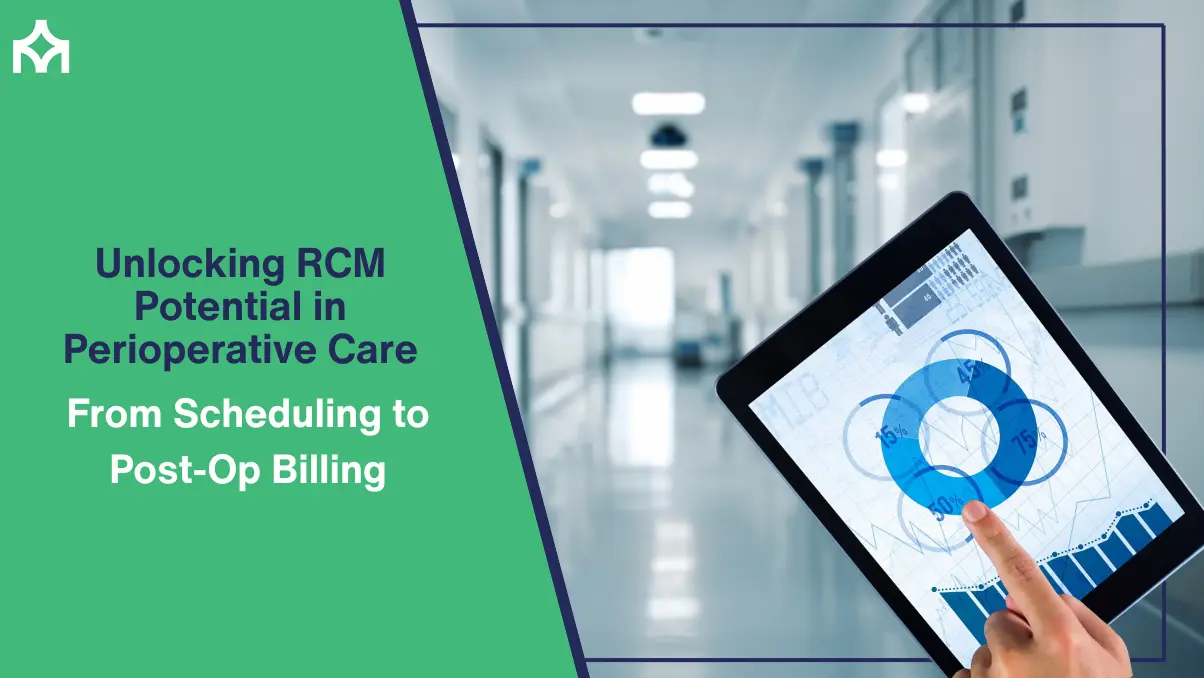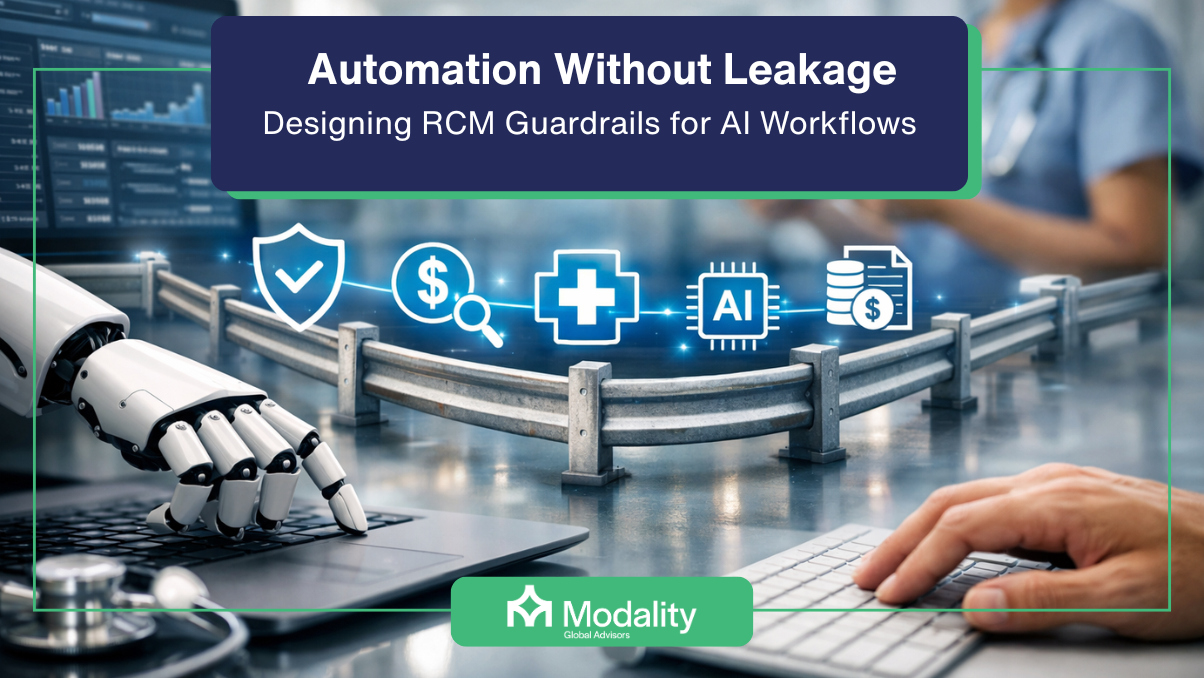Unlocking RCM Potential in Perioperative Care: From Scheduling to Post-Op Billing
Perioperative RCM: Turning the OR Into a Strategic Growth Engine
Perioperative care—spanning pre-op, surgery, and post-op recovery—is one of the most intricate and revenue-intensive parts of hospital operations. Effective Revenue Cycle Management (RCM) in this area is no longer a back-office concern; it’s a frontline strategy for financial health, operational efficiency, and patient satisfaction.
From surgical scheduling to post-op billing, perioperative RCM transformations are reshaping how organizations capture revenue, reduce denials, and deliver high-quality care. With surgical services accounting for up to 40% of hospital revenue, the stakes are high—yet many still face inefficiencies, data silos, and administrative complexity.
The Hidden Challenges in Perioperative RCM
- Scheduling complexity: Coordinating ORs, surgeons, pre-op testing, and insurance approvals.
- Authorization delays: Missing pre-approvals drive reimbursement denials.
- Coding intricacies: Specialized surgical/anesthesia codes; small errors trigger rejections.
- Post-op billing: Global surgical packages, follow-ups, and complications are labor-intensive to manage.
Studies show 15–20% of surgical claims are denied on first submission—fueling lost revenue, rework, and burnout.
How Modern RCM Is Transforming Perioperative Care
- Intelligent scheduling & pre-authorization: AI tools verify payer requirements before booking, reducing idle OR time by 20–30% and boosting throughput.
- Real-time insurance verification: Automated checks at registration cut denials tied to eligibility—clinics report up to 50% fewer such denials.
- Automated surgical coding: AI-assisted coding and specialist teams lower denial rates by 30%+ and shorten time-to-payment (e.g., 60 → ~30 days).
- Postoperative billing optimization: Integrated workflows trigger alerts for billable post-op care, improving capture without compliance risk.
- Predictive analytics & denial management: Dashboards surface patterns early; some organizations cut rejection rates from 15% to <5%.
Why Perioperative RCM Is a Strategic Advantage
- Hospitals using advanced perioperative RCM increased bed utilization by ~18%.
- Automated post-op billing reduced admin costs and freed clinicians for patient care.
- End-to-end perioperative RCM strategies delivered up to 15% operational cost savings.
The Future
Capturing the full value of perioperative RCM requires a holistic, tech-enabled approach across the surgical journey—from scheduling and eligibility checks to coding, claims, and denial resolution.
- Minimize surgical claim denials and billing delays
- Maximize OR capacity and profitability
- Capture revenue for all procedures and follow-up care
- Enhance compliance and financial predictability
As margins shrink and accountability rises, perioperative RCM becomes a clear competitive edge for long-term sustainability.
Ready to modernize perioperative RCM? Modality Global Advisors can help. Email hello@modalityglobal.com.






